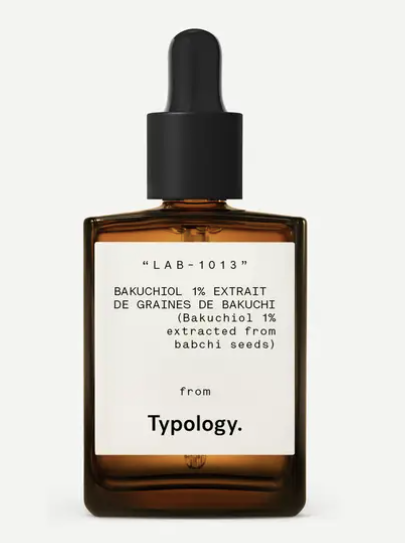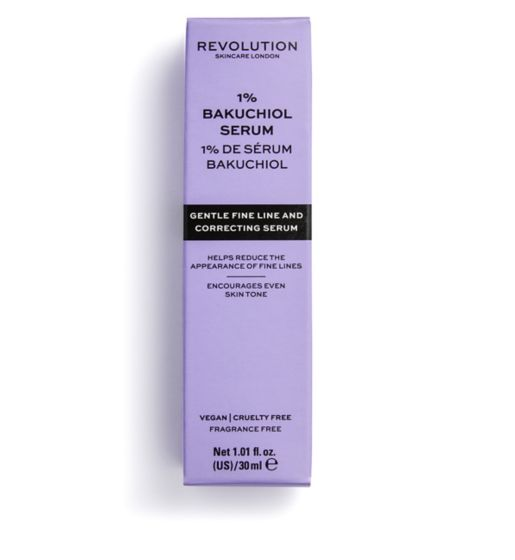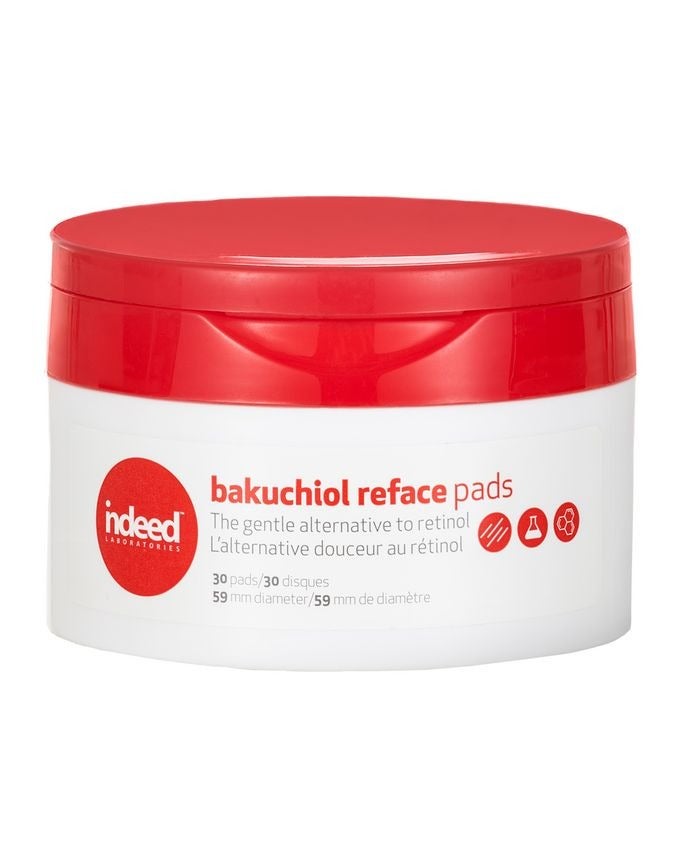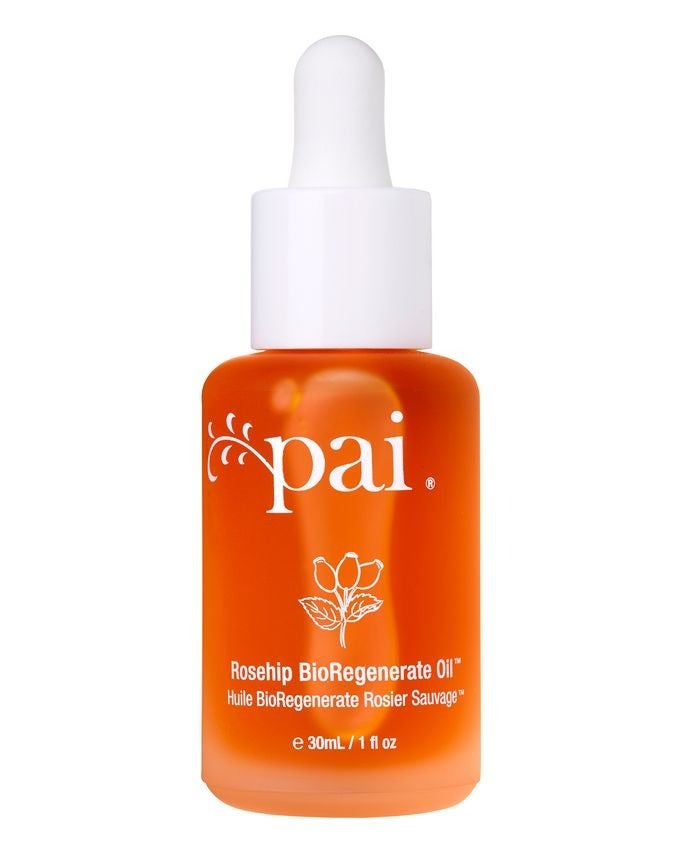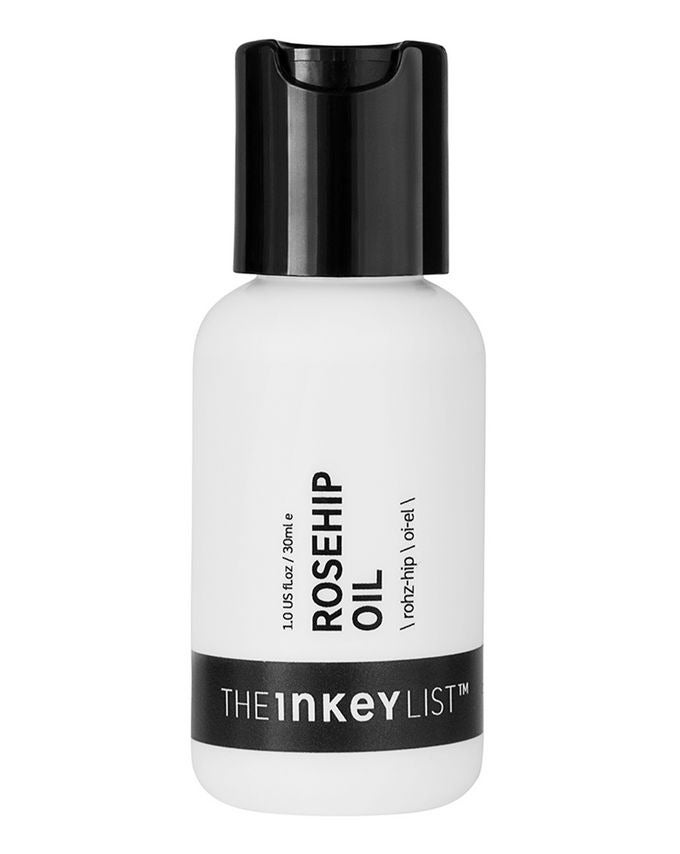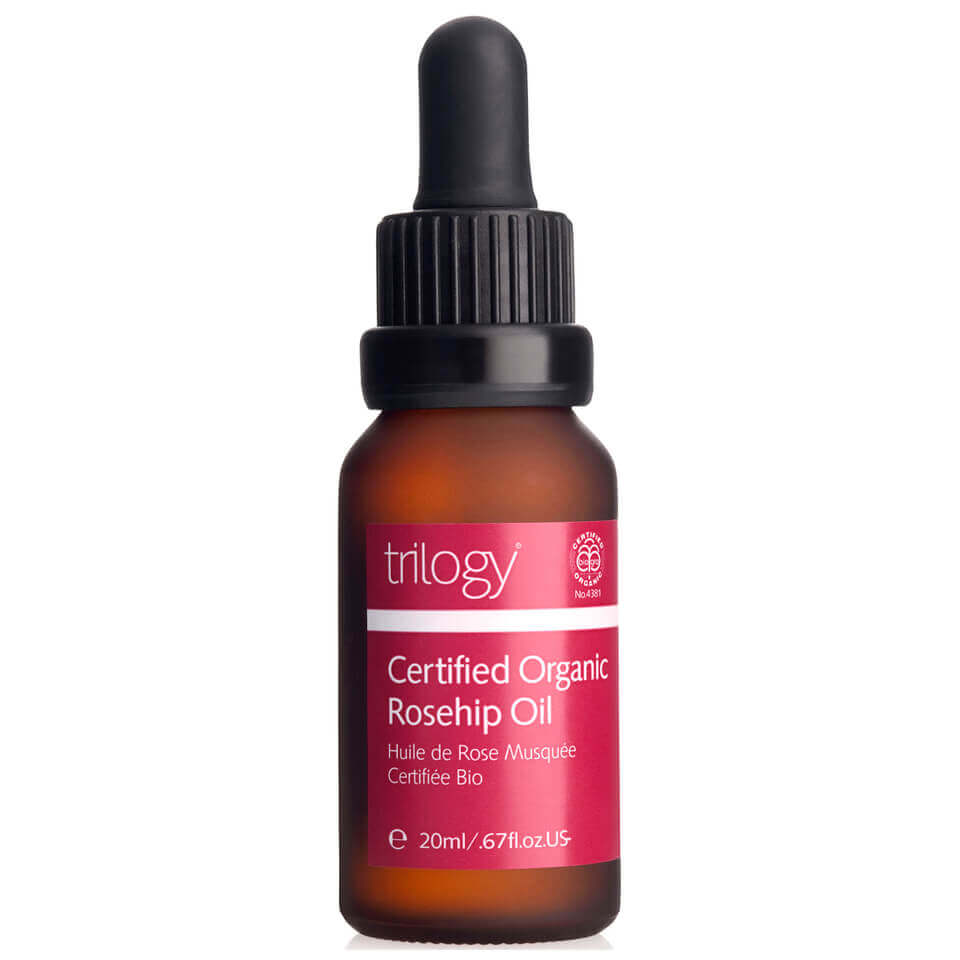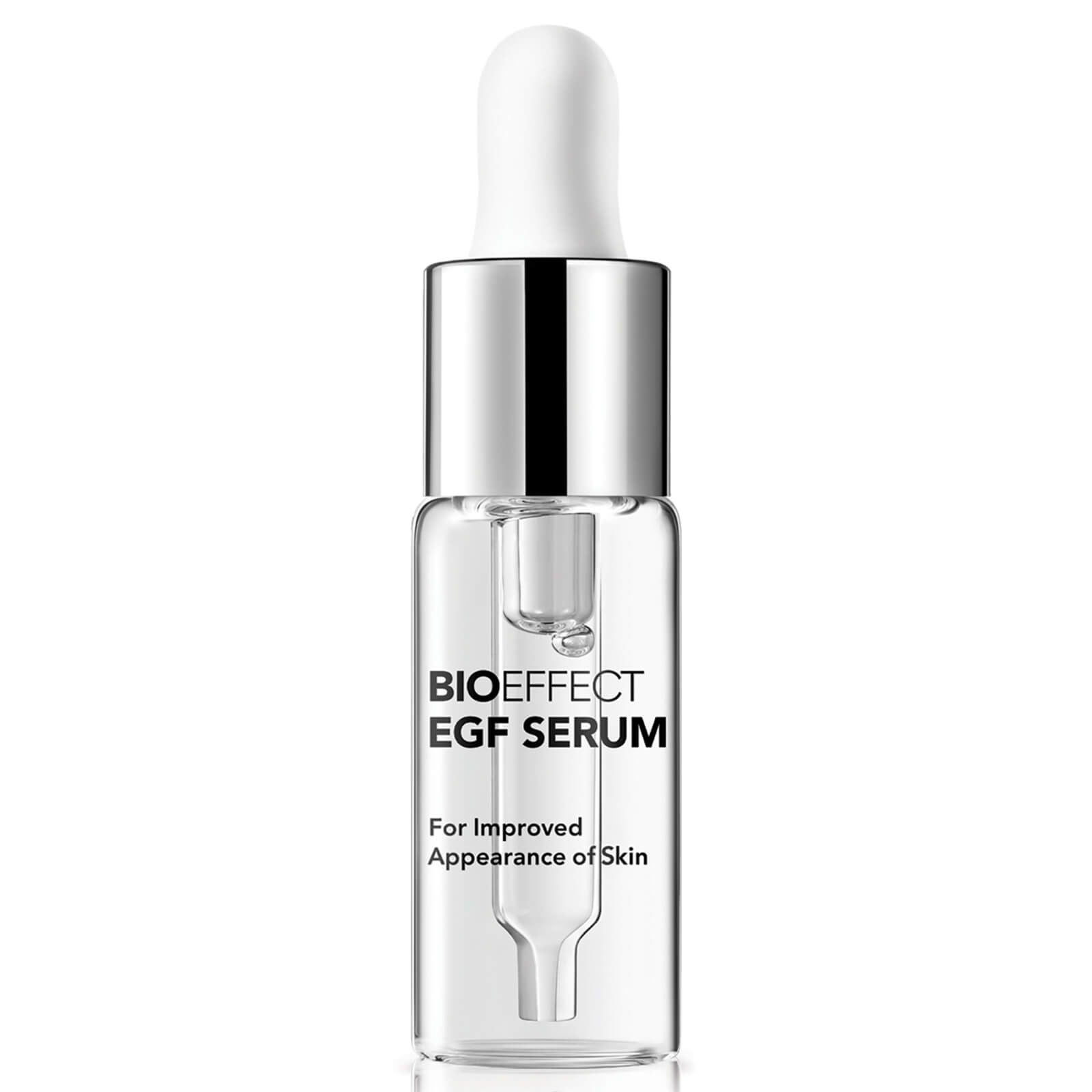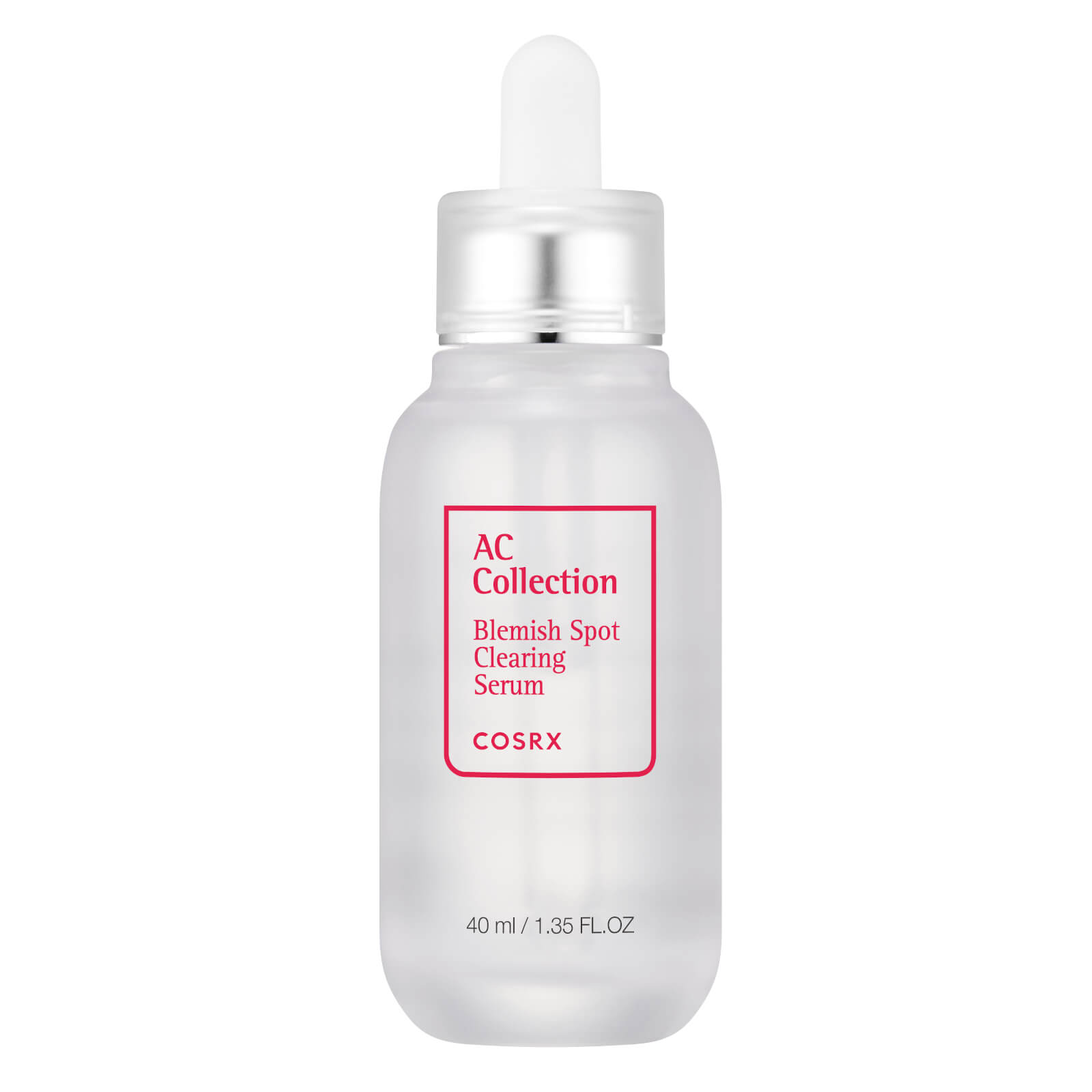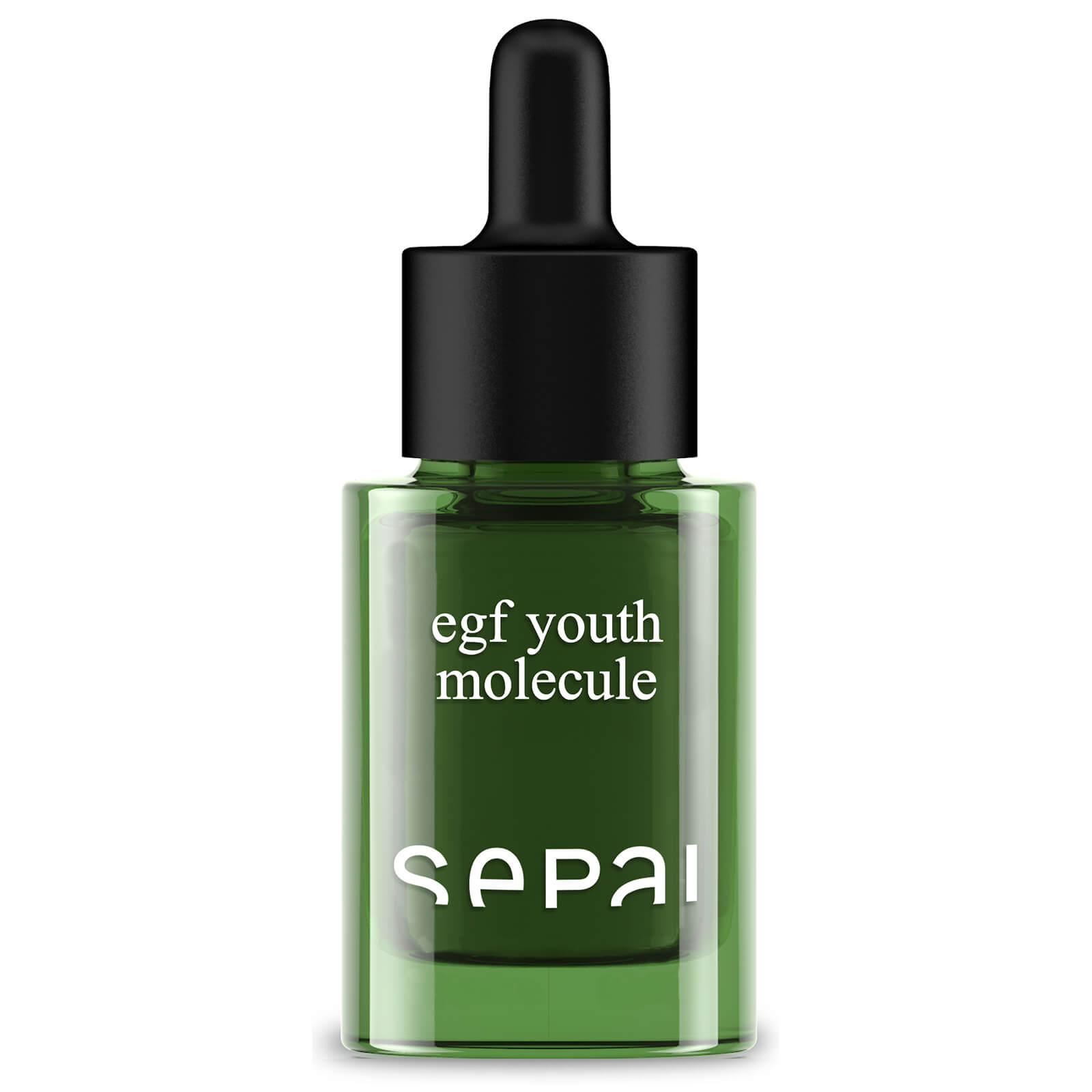I Quit Retinol For The New Natural Alternatives & My Skin Is Glowing
Photo courtesy of Typology.
In the fickle world of skincare, one ingredient remains the gold standard: retinol. Ever since a dermatologist recommended I start using retinol cream in my 20s, I’ve been addicted to its forehead-smoothing, pigmentation-busting abilities. A chemical derivative of vitamin A, it has many other benefits in skincare, too.
"In the right quantities (over 0.3%) retinol increases skin cell turnover and encourages shedding of damaged cells to reveal new, smooth, healthy skin," says Dr Nick Lowe, consultant dermatologist at London’s Cranley Clinic. He continues: "Retinol helps to correct brown spots and also boost collagen production, plumping out fine lines. The skin shedding process also unblocks plugged oil ducts, so retinol can help manage acne, too." Considering retinol's smart capabilities, it's hardly surprising I'm hooked. After first using it a decade ago, my crow's feet and forehead lines were barely noticeable within just a few weeks. My skin looked clearer, my pores appeared tighter and areas of sun damage and pigmentation had faded.
AdvertisementADVERTISEMENT
Back then, unless prescribed, it was tough to get effective retinol products so I'd scour the internet – a real low point was paying a hefty £40 customs bill for a retinoid cream I'd ordered from the US. In my pursuit of an unfurrowed brow, I’ve also experienced retinol’s unpleasant side effects: dry, sore, flaky skin. "You need to gradually build up tolerance to a new retinol product," says Dr Lowe, "otherwise the rapid increase in skin shedding (often called 'purging') can damage the skin barrier, causing irritation, scaling and flaking."
According to Dr Lowe, it’s best to start with a 0.3% strength retinol and to use a small amount every other night for a couple of weeks to see how your skin reacts. "Then you can use it nightly once your skin tolerates it," says Dr Lowe. "It's best to apply retinol products at night since the ingredient can cause sun sensitivity, so always wear SPF during the day," he advises. Once your skin can tolerate 0.3%, you can then move up to a higher strength if you want to. "But really, if you find a strength that achieves the results you like, there’s no need to go higher," Dr Lowe adds.
After recently overdoing it with a new retinol cream which left my skin aggravated and patchy, I decided to lay off it for a while, but I didn't want to notice those fine lines creeping back. Panicky research threw out a raft of new natural retinol alternatives, some plant-based, some constructed with natural proteins found in human skin. While they all sounded very different, one thing they did promise was to smooth fine lines and to improve skin tone and texture, all without the dreaded flaky fallout. Although I'm a retinol devotee, I was definitely intrigued. Here’s what happened when I tried some of the natural retinol versions out there. Spoiler: you'll want to try them all.
AdvertisementADVERTISEMENT
Bakuchiol
Dubbed 'nature's retinol', bakuchiol is proven to help stimulate collagen production and prevent the breakdown of elastin, keeping skin bouncy and youthful, just like retinol. Derived from the Indian babchi plant, it has anti-inflammatory properties so it can help calm red, acne-prone skin. In a clinical trial, the wrinkle-smoothing results of 0.5% strength bakuchiol and 0.5% retinol were so similar that dermatologists were unable to tell the difference. The best news? Those who used bakuchiol reported fewer negative side effects.
I picked up Typology Blemish Serum 1% Bakuchiol, £14.80, as the chic French skincare brand is everywhere at the minute. I was surprised that this serum had a dry oil texture but it really helped to clear up my breakouts without leaving my skin feeling tight or sensitive. Out of all the products I tried, this seemed to keep fine lines at bay the most and helped even out my skin tone, plus I didn’t experience any purging. A bonus.
Rosehip seed oil
This contains trans-retinoic acid (a naturally occurring vitamin A, of which retinol is a synthetic compound). Devotees of rosehip seed oil claim it helps firm the skin and reduce pigmentation, acne scarring and redness. Apparently it works wonders to fade stretch marks and scars, too. But it's vital to buy the right kind. Cold-pressed rosehip seed oil contains high levels of trans-retinoic acid, but the latest CO2 extraction methods preserve even more of the natural nutrients necessary for skin-smoothing results. I tried Pai Skincare Rosehip BioRegenerate Oil, £24.
AdvertisementADVERTISEMENT
Patting a few drops into my skin each night definitely helped boost hydration and left my skin feeling smoother and nourished. I've not noticed any fine line-perfecting results but I have seen slight fading of sun-induced pigmentation.
Epidermal growth factor
Epidermal growth factor (EGF) is a natural protein found in human skin. It sounds very sci-fi but it can also be derived from certain plants as a natural skincare ingredient. So how does it work? EGF signals skin cells to regenerate, boosting collagen and elastin production and therefore helping plump out fine lines and wrinkles. I tried BioEffect EGF Serum, £125. This water-like serum contains EGF derived from barley. In trials it claimed to boost participants' skin density by up to 30%, which is perhaps justification for the eye-watering price tag. The serum took a while to sink in so I used it as part of a nighttime routine. It felt deeply hydrating and left my skin feeling bouncier. I've yet to see if it has the wrinkle-diminishing results I'm after, but my skin is definitely plumper.
Ditching my beloved retinol scared me. Although I haven't noticed any dramatic improvement in my fine lines while using the natural products, my face didn’t suddenly age 10 years without the nightly addition of chemicals. It looks pretty much the same.
Overall I'd consider switching retinol for bakuchiol products long-term, since I felt as though it had the most similar effect on my skin and didn't cause any irritation. This experience has taught me that it's good to give my skin a rest occasionally and swapping in some gentler, natural products won't hamper my glowy skin goals.
AdvertisementADVERTISEMENT







